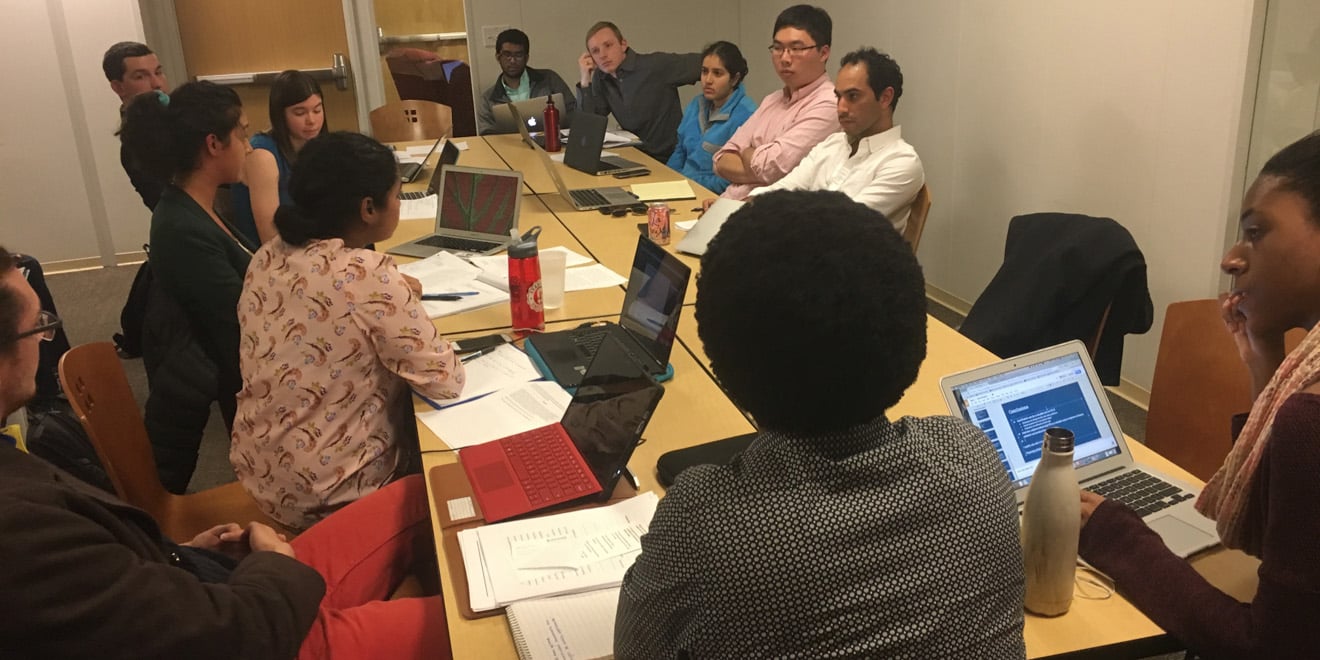On Monday evening, the Constitutional Council ruled 5-0 in favor of Band and KZSU in the case of LSJUMB/KZSU v. Undergraduate Senate, affirming that student groups have the right to petition a Senate funding rejection if the funding request lies outside of the Senate’s funding guidelines.
Both petitioners, Band and KZSU, were happy with the decision, while the Senate maintained serious concerns with the way the Constitutional Council handled the case. The decision comes a week after hearings during which representatives for LSJUMB, KZSU and the Senate presented their arguments before the council. A formal announcement of the decision is forthcoming.
“The power of the ASSU lies in the students, and we are glad that we were able to keep the Senate from overstepping the bounds set in the Constitution,” said Band representative Katherine Hufker ’18.
According to Senate Chair Shanta Katipamula ’19, the Senate is not surprised about the ruling given misgivings the Senate has had with the Council throughout the process. According to Katipamula, these concerns including hearing about the Council’s decision to hear the case though “essentially a third party”: Katipamula heard about it from another senator, who heard it from an acquaintance rather than directly.
“The Constitution makes it clear that the burden is on the petitioners,” Katipamula said. “The burden is on Band to prove that what we did was unconstitutional —not the other way around. And that’s how [the Council] treated the entire case.”
In addition, the Senate was concerned that the Council initially set a hearing time without consulting the Senate on availability. ASSU also disapproved of the Council’s decision to meet without public notice to discuss whether it should take the case.
Furthermore, Katipamula said that the case did not follow the planned format with a particular number of minutes for arguments and that Council members asked questions during the hearing that were outside “the scope of the case.”
Members of KZSU and LSJUMB, on the other hand, were pleased with the outcome of the case.
“This case was not about a specific line item in the budget of student groups; it was about protecting student’s democratic rights to take funding questions to their peers,” said Caleb Smith ’17, who represented KZSU at the hearings and is a Daily staffer.
Hufker said LSJUMB was also “happy to see that, in this instance, democracy was upheld.” .
“We also want to work further with the Senate to create tools that allow the activity fee to be kept under control while ensuring that the student body has the final say,” Hufker added. “Overall, we are thrilled with this result and optimistic about the future.”
Contact Jordan Payne at jpayne1 ‘at’ stanford.edu.
